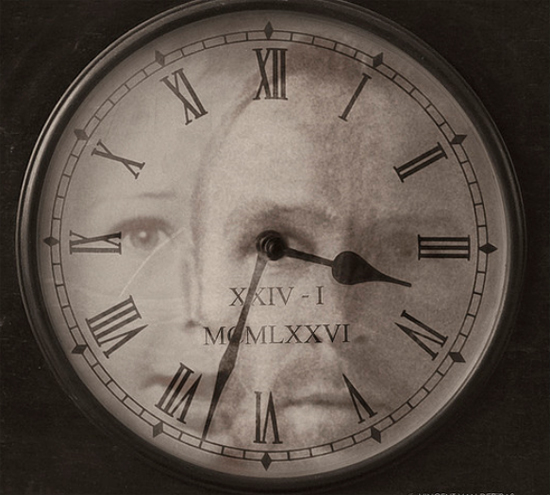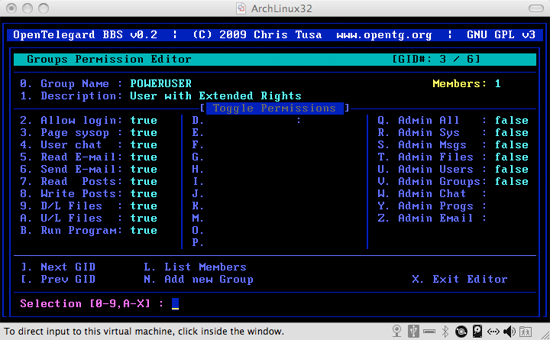Before Social Media – The History of Social Media Series
 *This is the first post of our in-depth look into the history of social media.”
*This is the first post of our in-depth look into the history of social media.”
Social media has become a powerful force on the face of the Internet today. An everyday part of our lives, the implications of the changes on modern communication, marketing and socializing are huge. Already we are seeing a real shift in everything from language to etiquette, and all centered around this pulsing, breathing web-based environment. If you want to know someone’s life, you check out their Facebook or Twitter, sometimes to the detriment of the profile owner.
But before social media as it is today, there were precursors that set the tone for the coming phenomenon. These were the first interactive social platforms that provided a world-wide outlet for everything from debate to Star Trek fan chat. While it started as a system for the tech elite of the age, it slowly expanded and began to form a more user-friendly system that paved the way for what we see today.
Social Media Precursors
Usernets
The grandfather of social networking, usenet systems were some of the first communication rings out there. Referred to as “newsgroups”, articles were posted and shared with the community. There was no centralized administrative system, no dedicated servers and very little monitoring. This open source for information or “news” posts (though they were not all actually newsfeed at the time) set usenet apart from other systems. It also gave a starting point for the modern day RSS feed functions you see on so many sites, as well as group branches from companies like Yahoo and Google.
Created by Tom Truscott and Jim Ellis at the end of the 1970’s, this is one of the most celebrated opening platforms for online communication. It is also one that provides plenty of comparisons for new media.
Bulletin Board Systems (BBS)

Image via Wikipedia
The first incarnation of the BBS was actually the CBBS, or Computerized Bulletin Board System. Established in 1978, it became a more focused concept with the release of the first BBS in 1979. Accessed through the host terminal using a dial up connection, BBSs are notorious for being a hacker’s paradise and a method for the passing of illegal content. Stolen credit card numbers, The Anarchists Cookbook, certain adult materials and virus code was often passed through these systems.
Despite this, Ward Christensen is credited as being the founder of the online communication wave. Though much slower than today’s Internet interactivity – only one person could log into a BBS at a time – it was still the first step in future developments.
New Wave Online Services
It wasn’t until the mid-80’s that the game started changing. While still mainly a corporate game, online services were created by companies like Prodigy to begin providing online access for a lower cost. During this time, other corporations like Genie generated new applications to further expand the uses of the web. This included shopping and product browsing, forums, email and games.
While these were still limited, the growing popularity and demand would eventually lead to companies like AOL, NetZero and Juno. Anyone who had a computer in the late 90’s to early naughts will remember those.
Chat Services and Instant Message Programs
Instant messaging is an average part of the Internet experience in today’s world. But in the 80’s and 90’s you had limited options available to you. Starting in 1988, the social media experience started to begin in earnest. A desire to share links, files and just talk to others led to the creation of Internet Relay Chat, or the original IRC client. Still used today, it was the beginning of the changing face of web-based communication.
When the 90’s hit there was a second level of chat service created to allow wider access than IRC, which was a UNIX-based program inaccessible to many. ICQ was the first real instant messaging option on the web for personal computers. Each user account was given a number designation, and that number was used in place of what we now use as screennames. You could upload an avatar, send files, search based on location or personal information and more. It was also the starting point for webspeak, where abbreviations like ‘OMG’, ‘BRB’ and ‘LOL were founded.
The Beginning of a Craze
Of course, these are only a few of the programs that predated what is known now as social media. But in them you see a marked progression of ideas that led to what we have today.
cc licensed flickr photo shared by Vincent van der Pas


wow awesome find with the bulletin systems who would have thought real time exchanges( like Twitter) would have come from that….
that ‘s cool informative post you have shared
thanks!!!
…..
Social Media sites are very useful for getting popular in google every growing company use it